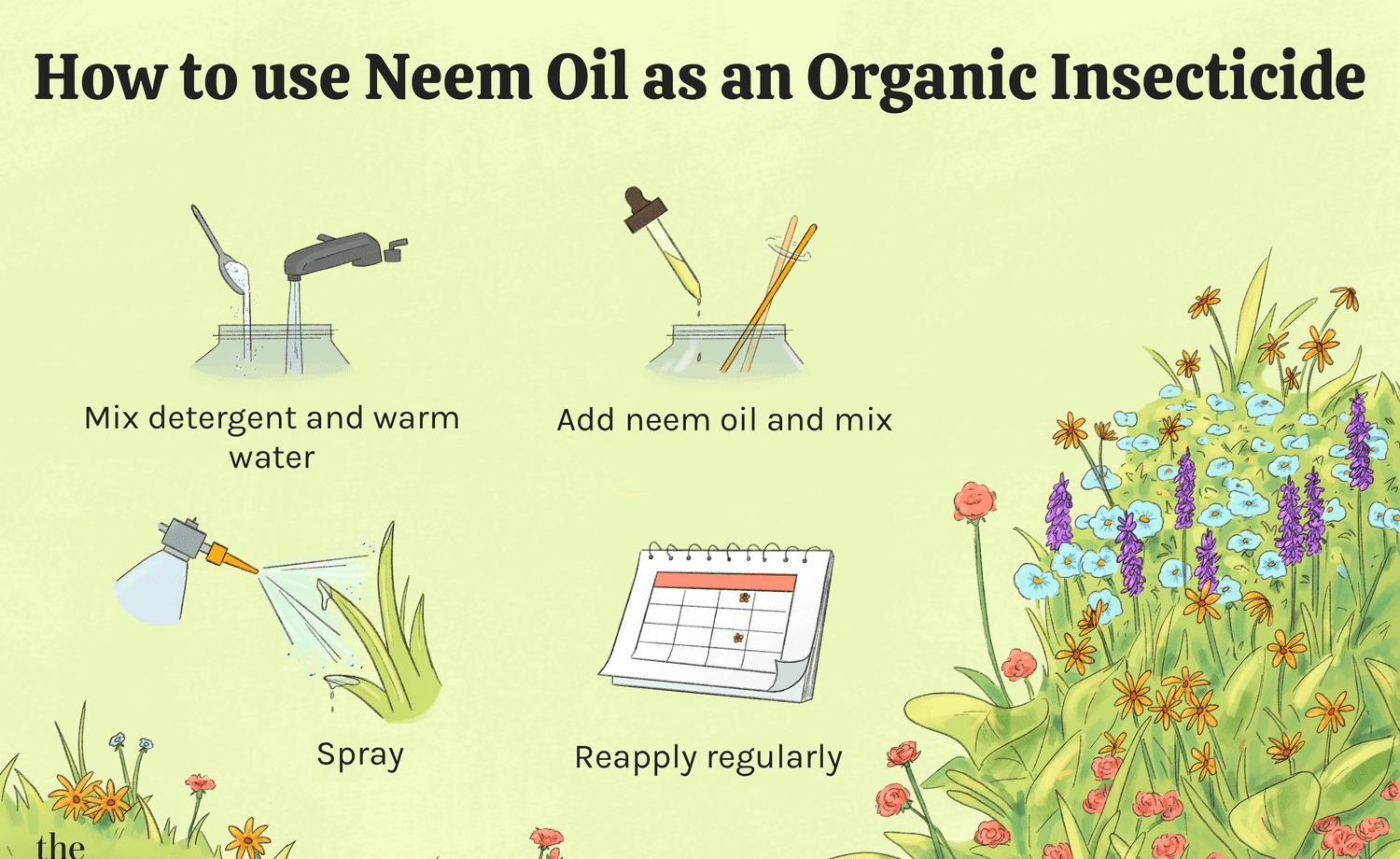Grow More, Spend Less: Neem Oil Secrets and Budget-Friendly Veggies in Pierce County.
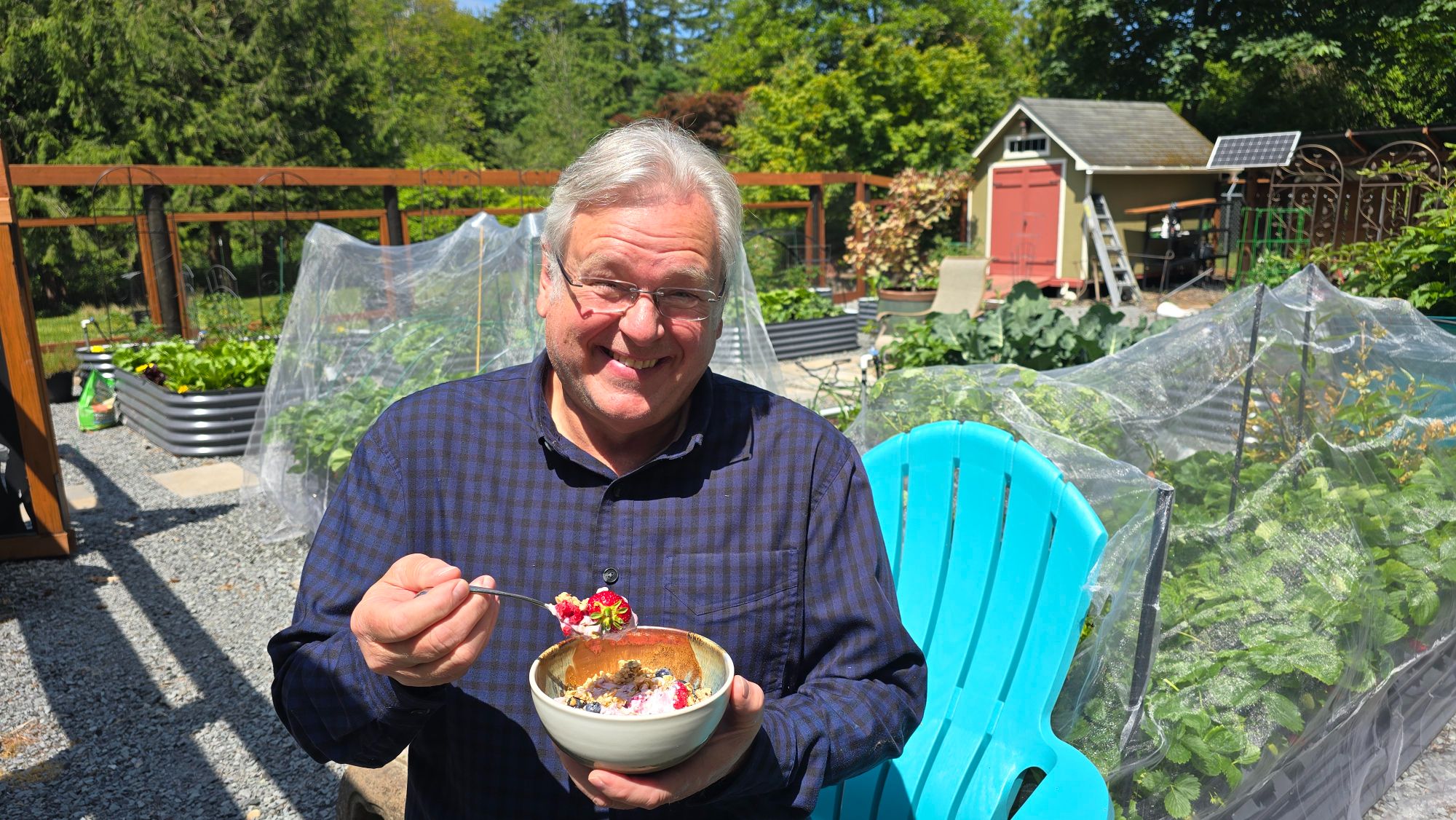
From Morning Yogurt Bowls to Backyard Bounty: How Neem Oil Saved My Garden
When Don and I first dipped our toes into gardening, it was purely practical—we planted a few blueberry and raspberry bushes to cut down on the cost of fruit for our morning yogurt bowls. Simple, easy, and surprisingly rewarding. Although pruning Rasberries can be brutal :)
But like most good things, it didn’t stop there. With a little nudge (and a lot of wisdom) from my mother-in-law—who's been growing vegetables her whole life—we decided to branch out into herbs and veggies. If you’re looking for an easy way to level up your cooking without committing to a full vegetable plot, herbs are the way to go. They’re low-maintenance, high-reward, and bring incredible flavor to your meals. Just remember: basil’s a bit of a diva when it comes to heat.
Learning what each plant needs has been its own kind of education—equal parts patience and problem-solving. But over time, our little patch has grown into a garden we genuinely love. And every season, I seem to discover something new that makes the process a little easier.
This year’s game-changer? Neem oil. If you’re already a fan, you’re ahead of where I was. But if it’s new to you, I think you’ll be glad to know what I’ve learned. Let’s dig in.
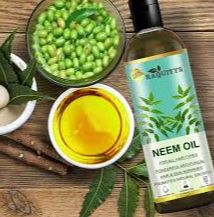
Neem Oil: A Gardener’s Secret Weapon for Healthy Plants
Neem oil might sound exotic, but it’s been used for centuries—pressed from the seeds of the neem tree (Azadirachta indica), which grows natively in India and Southeast Asia. In our garden here in the Pacific Northwest, it’s become an unexpected hero. Why? Because it does a little bit of everything—and it does it naturally.
Why Neem Oil Deserves a Spot in Your Shed
-
Natural Pest Control
Think of it as nature’s version of pest control—minus the harsh chemicals. Neem oil messes with pests’ ability to eat, grow, and reproduce, which is a polite way of saying: it gives aphids, spider mites, and whiteflies the boot. -
Fungal Disease Fighter
Have you ever walked out to admire your plants, only to see a layer of powdery mildew or mysterious dark spots? Neem oil can help stop those fungal problems before they take hold—no hazmat suit required. -
Safe for Organic Gardens
If you’re trying to grow clean, healthy food, it doesn’t make sense to treat it with harsh stuff. Neem oil is approved for organic gardening, and it’s biodegradable. Mother Nature approves. -
Bonus Uses
Beyond pests and mildew, neem oil can also enrich your soil and help reduce erosion. It’s like the Swiss Army knife of garden treatments.
How to Use Neem Oil (Without Overthinking It)
Let’s keep it simple. Here’s how we do it in our garden:
Step 1: Mix it Up
-
Use 1–2 tablespoons of neem oil per gallon of water.
-
Add a few drops of mild liquid soap (this helps the oil and water mix).
-
Shake well and use right away.
Step 2: Spray It On
-
Cover all parts of the plant, especially the undersides of leaves—bugs love to hide there.
-
Best time to spray? Early morning or evening. Midday sun + neem oil = crispy leaves.
-
Test it on a small section first if you're not sure how your plant will react.
Step 3: Timing Is Everything
-
Use it as a preventative or when you see pests.
-
For active problems, reapply every 7 days.
-
For maintenance, every 2–3 weeks works well.
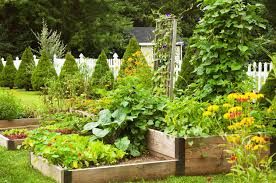
Tips We Swear By for Growing Vegetables
If you’re diving into gardening—or looking to improve your setup—these basics go a long way:
-
Pick a Sunny Spot
Most veggies love 6–8 hours of direct sunlight. Tomatoes and peppers are practically sun worshippers. -
Prep Your Soil
Loosen it up, mix in compost, and ditch the weeds. Think of this like laying the foundation for a house—everything grows better with good soil. -
Smart Watering
Use drip irrigation or a soaker hose if you can. Wet leaves invite fungus. Dry leaves, happy plants. -
Have a Plan
Sketch out your garden on paper. It’ll help you space things correctly and avoid planting your cucumbers where they’ll strangle your lettuce. -
Stagger Planting
For greens like lettuce or cilantro, plant a few every couple of weeks so you’re not swimming in salad one week and staring at bare dirt the next. -
Harvest Often
The more you pick, the more they grow. It’s one of those win-win garden laws.

Vegetables That Stretch Your Grocery Budget
If you’re putting in the work, let your garden pay you back. Here are the veggies that give the best bang for your buck:
| Vegetable | Why It’s Impactful |
|---|---|
| Tomatoes | High yield, pricey at the store |
| Leafy Greens | Fast growers, multiple harvests |
| Herbs (basil, etc.) | Costly per ounce, super easy to grow |
| Peppers | Productive, especially sweet varieties |
| Zucchini/Squash | Generous harvests, very versatile |
| Beans | Continuous pickers, great nutrition |
| Cucumbers | High yield, great for fresh eating or pickling |
| Carrots/Root Veg | Store well, great for repeat planting |
Stick to what your family eats most often, and you’ll start to see the savings stack up quickly—plus, you’ll be amazed how much better homegrown tastes.
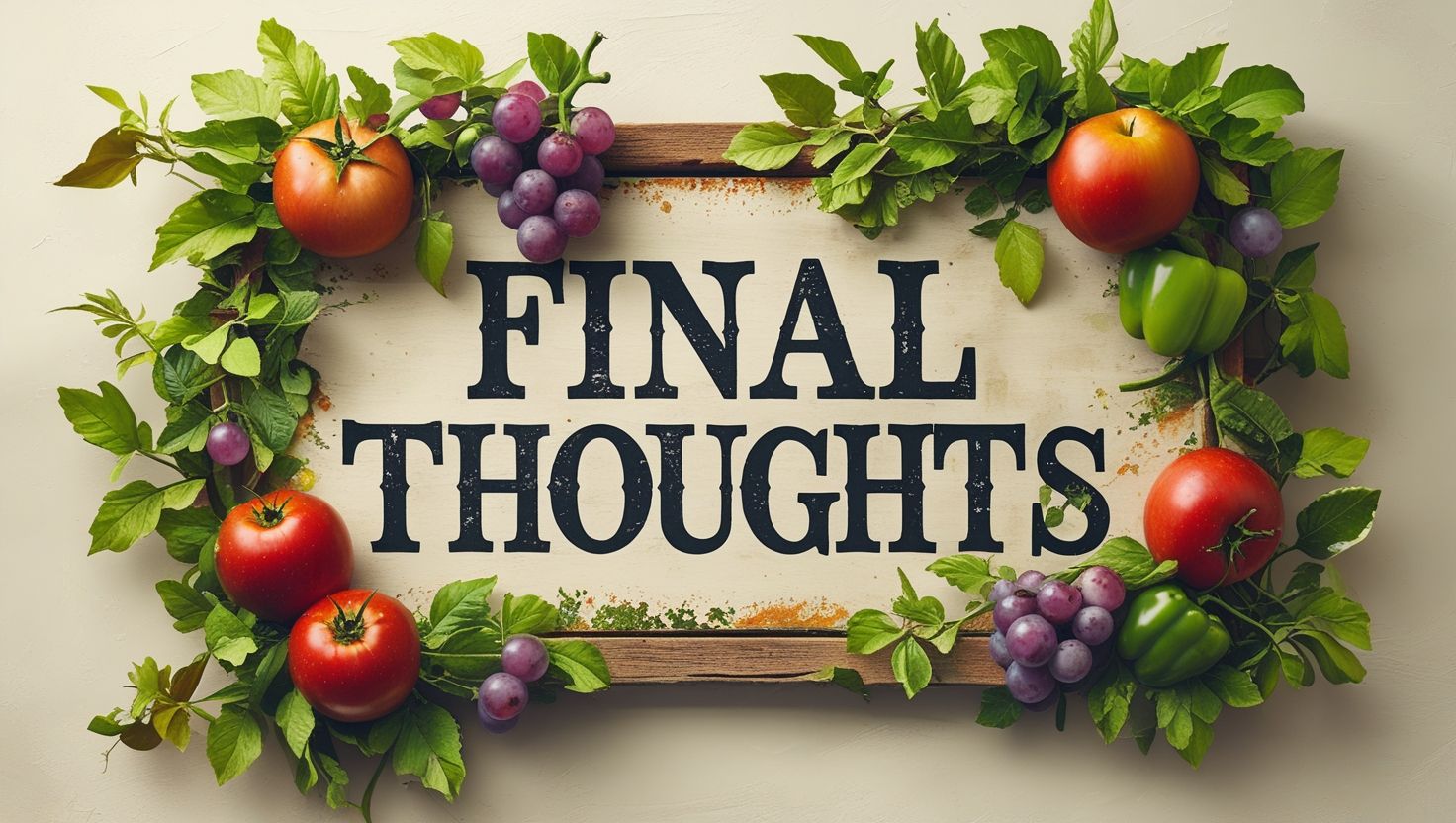
Final Thoughts
Gardening teaches you something new every year. For us, neem oil has become one of those quiet garden heroes—simple, natural, and incredibly effective. Whether you’re growing a single pot of basil on your patio or managing a full vegetable plot, keeping pests and disease in check with something as clean and versatile as neem oil is a huge win.
Pair that with a bit of smart planning and some love for your soil, and you’ll be eating better, saving money, and maybe even enjoying weeding (okay, maybe not that last one).
Happy gardening! And if you have neem oil stories or garden tips of your own, I’d love to hear them.
—Susie
Categories
- All Blogs (105)
- Inheritance & Estate Planning (4)
- Auburn real estate (12)
- Bonney Lake Housing Market (4)
- Bonney Lake real estate (12)
- Buyer & Seller Advice (13)
- closing a home sale in Washington (7)
- common mistakes that delay real estate closings (3)
- contingent offer pros and cons Pierce County (1)
- Contingent Offers Explained (1)
- Downsizing & Retirement Living (3)
- Home Buying Advice (3)
- home closing tips Lake Tapps (6)
- home sale contingency Lake Tapps (2)
- Home Selling Advice (15)
- Home Selling Strategies (15)
- how escrow works when buying a house (2)
- how to protect your funds during a home purchase (1)
- Lake Tapps Real Estate (13)
- leaving home to kids (2)
- Pierce County Real Estate (14)
- Pierce County Real Estate Tips (12)
- Real Estate Closing Process (4)
- Real Estate Market Trends (9)
- real estate professionals in Western Washington (7)
- Real Estate Tips (14)
- real estate wire fraud prevention (1)
- senior living (3)
Recent Posts











If you haven't subscribed to our newsletter, you're missing out on great stories like the one above that could be coming right to your inbox every few weeks.
Please use the form to request a subscription.

